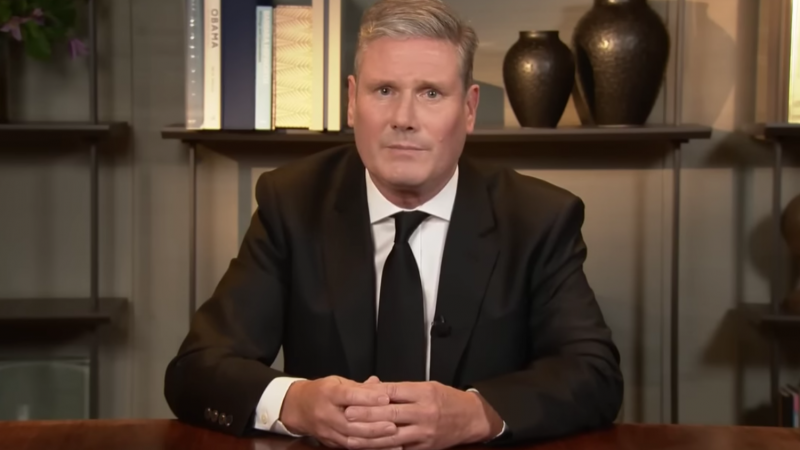
Politicians paid tribute to Elizabeth II last night after the Queen died at the Balmoral royal residence at the age of 96, having reigned for 70 years. Liz Truss hailed the Queen as “the rock on which modern Britain was built” and said her death was a “huge shock” to the country and the world. Keir Starmer described her as “our longest-serving and greatest monarch”, adding: “Above the clashes of politics, she stood not for what the nation fought over, but what it agreed upon.”
The news of the Queen’s poor health came as Truss delivered her long-awaited statement on energy bills. The Prime Minister announced an “energy price guarantee” that she said will ensure that the typical annual household bill will be frozen at £2,500 for the next two years. She did not specify the cost of the programme, but officials say it will be around £100bn – surpassing in price the £70bn Covid furlough scheme.
The new Chancellor Kwasi Kwarteng had been expected to set out the full costs as part of a fiscal statement later this month. The death of the Queen has thrown doubt on this ‘fiscal event’, however, which had been due to take place on September 19th. Until the mourning period is over, normal government business is suspended with no ministerial visits, statements or press releases as work is restricted only to what’s essential and everything comes to a bit of a standstill. The new Prime Minister’s plan for the first 100 days in office are being hurriedly redrawn.
In addition, parliament should be suspended for ten days during the mourning period, according to protocol. Ten sitting days would take us to the next parliamentary recess, for party conferences, which ends on October 16th – meaning that MPs would return to the Commons well after the energy price cap is due to rise on October 1st. This could mean that parliament will have to sit during the mourning period to pass the emergency legislation. Alternatively, MPs could see their conference season recess shortened.
Outside of parliament, some of the country’s biggest strikes have been called off in response to the Queen’s death. CWU cancelled the postal workers walk-out today “out of respect for her service” and RMT rail strikes on September and 15th and 17th have been suspended. Mick Lynch said his union would join “whole nation in paying its respects”. ASLEF has also postponed action planned to take place on September 15th, expressing “deepest condolences to her family, friends and the country”.
On LabourList for readers today, we have analysis from economist James Meadway on the energy crisis and Truss’ support for households with gas and electricity bills. He writes that “continuing with the privatised energy system, particularly when we urgently need to switch out of volatile, insecure and carbon-intensive fossil fuels, is not a serious long-term option”. Read the full piece here.
Sign up to LabourList’s morning email for everything Labour, every weekday morning.



More from LabourList
Economic stability for an uncertain world: Spring Statement 2026
‘Biggest investment programme in our history’: Welsh Labour commit to NHS revamp if successful in Senedd elections
James Frith and Sharon Hodgson promoted as government ministers